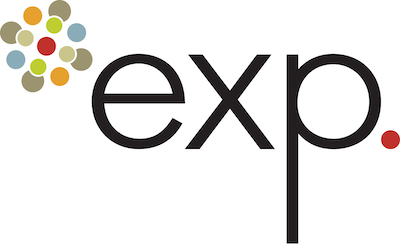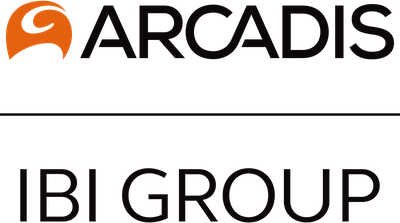Transportation is constantly under pressure to evolve and become more efficient, effective and responsible. As the impacts of climate change are forefront in the minds of many Canadians, the transportation sector’s efforts to shift to zero-emission vehicles is under increasing scrutiny. AECOM has supported municipalities, fleet operators, and highway and transit agencies through the new and uncertain transition to zero-emission technologies with various bespoke software tools and design strategies.
Join us to learn about the work AECOM has been doing to decarbonize the transportation industry by planning, designing and implementing various zero-emission programs and projects. They will discuss how they have guided large corporate fleets, rail, buses and other industry sectors through the transition and highlight common challenges and opportunities. AECOM will also discuss the increasing focus on charging infrastructure and how they can support you in planning and delivering reliable and cost-effective infrastructure and networks.
About the presenter:
Edward Stubbing M.S., M.Sc. is a leader in emerging transportation technologies and specializes in supporting agencies in planning and implementing these programs. With a background in public policy, Edward has spent time working with ITS systems, EVs, CV/AVs, sustainable transportation modes and regional movement strategies.

Delivering Progressive Design Build projects with the “Lean Project Delivery” method
In last year’s TAC corporate demo EXP presented on the Progressive Design Build (PDB) procurement model, with a high level view of how this model typically works. Over the last year they have seen a large uptake in contracting authorities adopting PDB as their preferred choice of delivery. The collaboration and collective methodology allow for an open and joined approach to delivering these large and complex projects.
This year, EXP will present on one method for delivering PDB projects. These types of projects require flexibility and a new kind of thinking. One way to achieve this is by adopting the “Lean Project Delivery” (LPD) model to optimize a project overall, reduce waste and promote collaborative working practices. The presentation will walk you through what LPD is and how it works.
About the presenters:
Reece Bailey, Executive Vice President, Major Projects Reece brings over 30 years of transportation design, operations, facilities, systems and engineering experience. His expertise crosses Risk Based Design/Build Management, PPP, program management, planning and operational costing. He has managed and directed large design/build projects with capital costs over CAN$25B, and brings front-line experience in strategic planning, cost/performance modeling and transport economics.
Iain Ward, C.Eng, MIStructE, Vice President, Transportation With over 30 years’ experience in the global infrastructure market, Iain has led delivery and execution of complex projects under various procurement systems all over the world. In the past 10 years, he has served in leadership roles delivering over $7.5B in infrastructure projects across Canada – affecting change for sustained growth.

Arcadis-IBI Group will present the history of the BC MoTI Systems Based Approach to Resilient Infrastructure (SBARi).
Between 2010 and 2014, the BC MoTI applied the PIEVC Protocol climate risk assessment processes on five BC highway corridors. Fourteen asset categories, such as culverts and bridges, were identified at high-risk to climate change, resulting primarily from hazards created by five extreme precipitation-based weather event types. The 14×5 matrix of interactions is currently being applied, to individual design and construction projects, by application of the PIEVC High Level Screening Guide. An overview of the process and a demonstration of the PIEVC HLSG spreadsheet tool will be provided.
About the presenter:
Zane Sloan is a civil engineer who graduated with a degree from the University of Saskatchewan in 1993. Most of his career has been centred on planning, design and construction of urban and rural road infrastructure. Then in 2014, Zane began refocusing his career toward Climate Risk Assessment services for civil infrastructure.

If you think the Integrated Project Delivery (IPD) model is just for structures and water treatment, join ISL to discuss how lessons learned can be applied to transportation projects.
IPD’s collaborative approach meets or beats schedules; designs and builds within budget and mitigates liability exposure. The presentation will share characteristics of a typical IPD project, how it differs from traditional delivery models and the benefits of having all partners at the table, with a clear shared goal, solving challenges in real time.
About the presenter:
Aura Robinson, B.Sc. (Eng), LEED AP, GSC, Manager, Enhanced Project Delivery Services A Gold Seal certified constructor, Aura started her career as a designer and grew to superintendent and project manager roles within large construction firms. This construction knowledge, coupled with her passion to improve the industry and help owners realize their vision, gives Aura a unique perspective on IPD’s collaborate approach.


